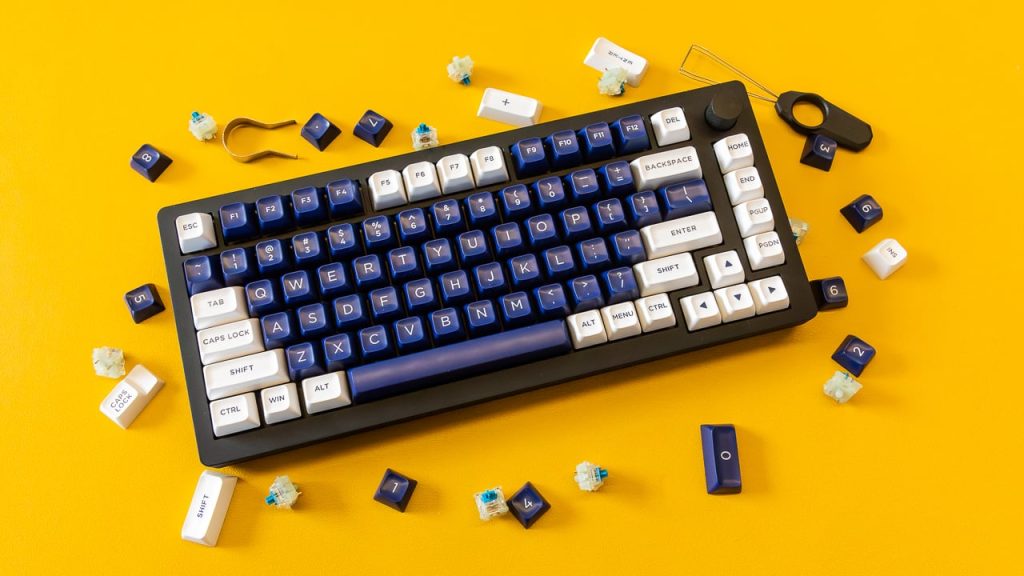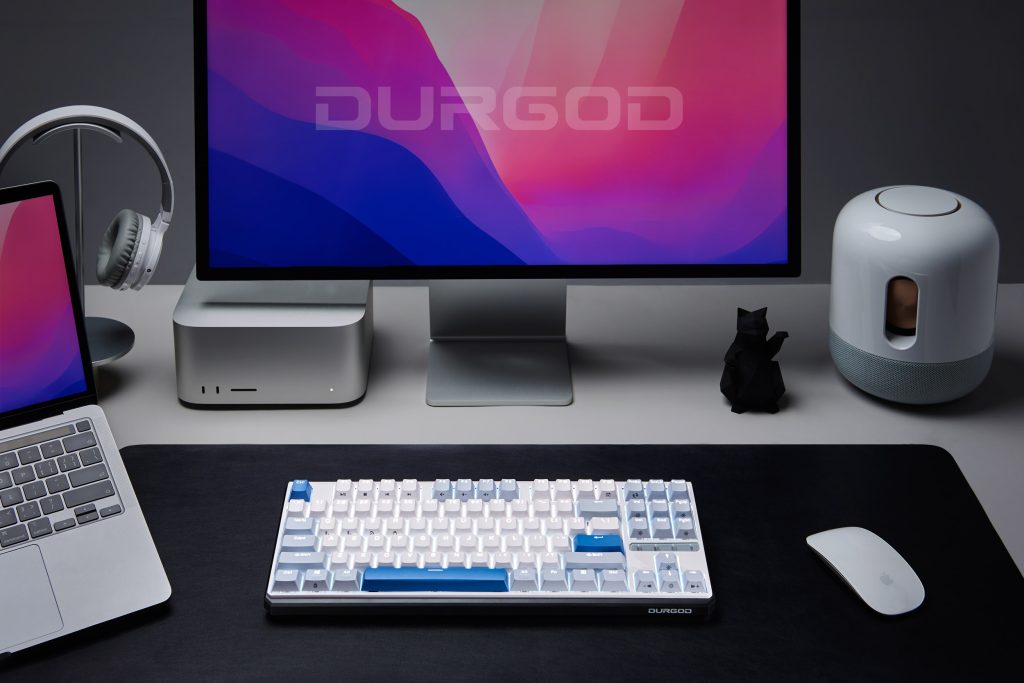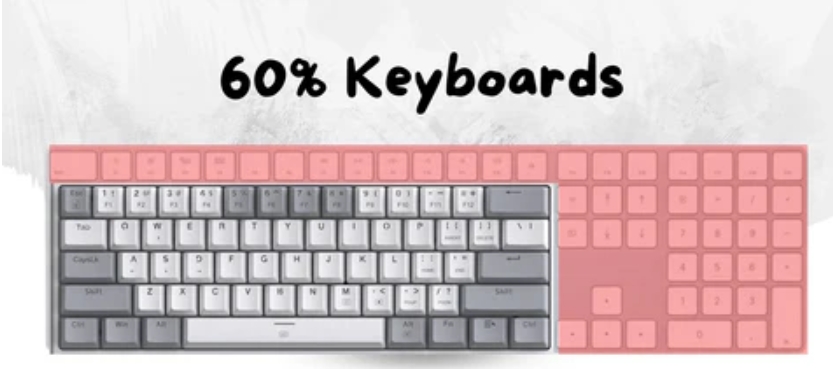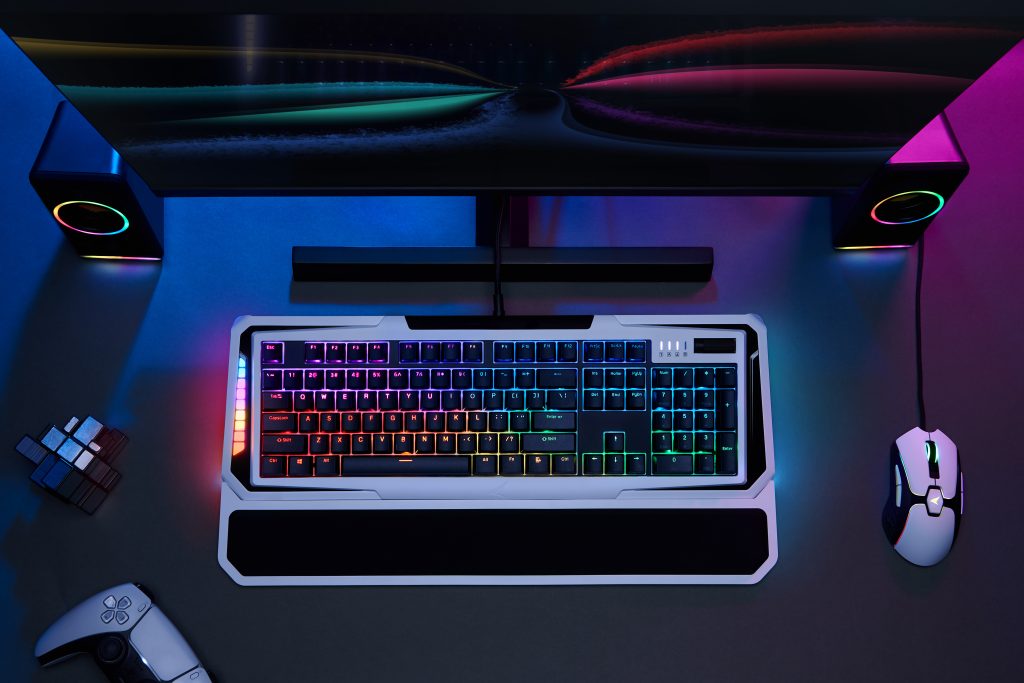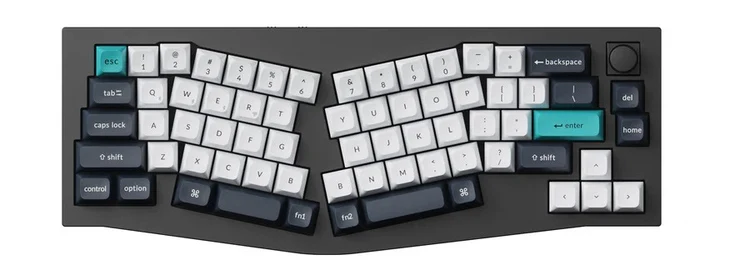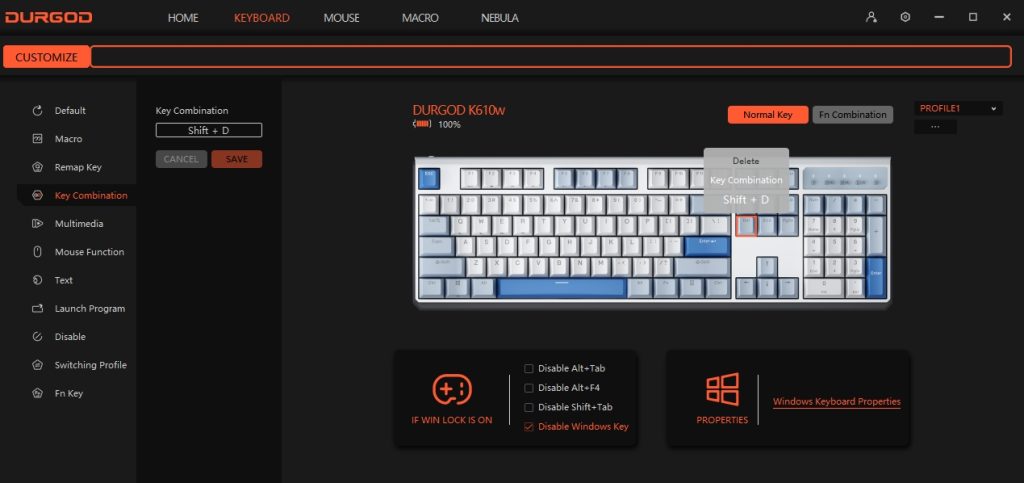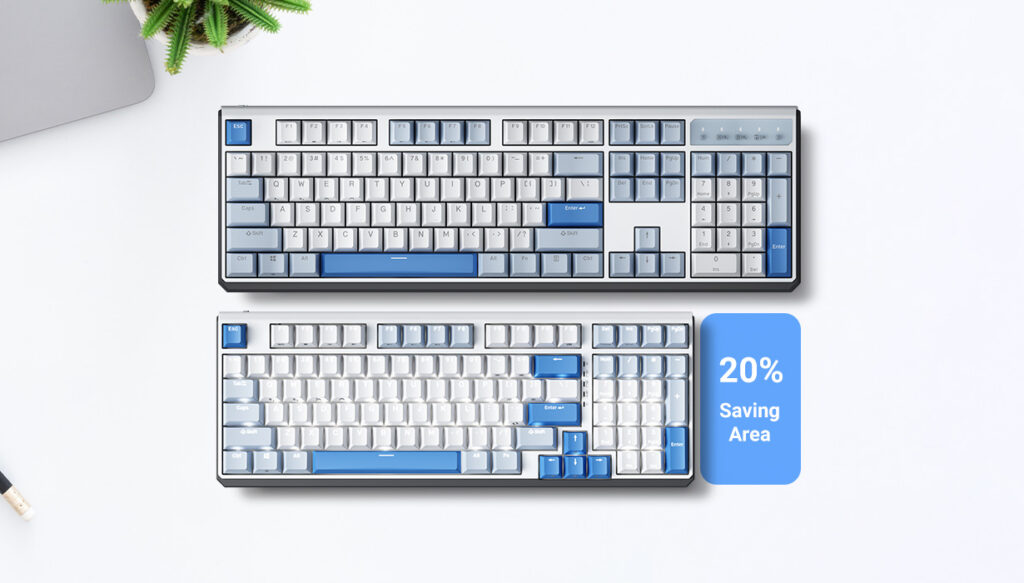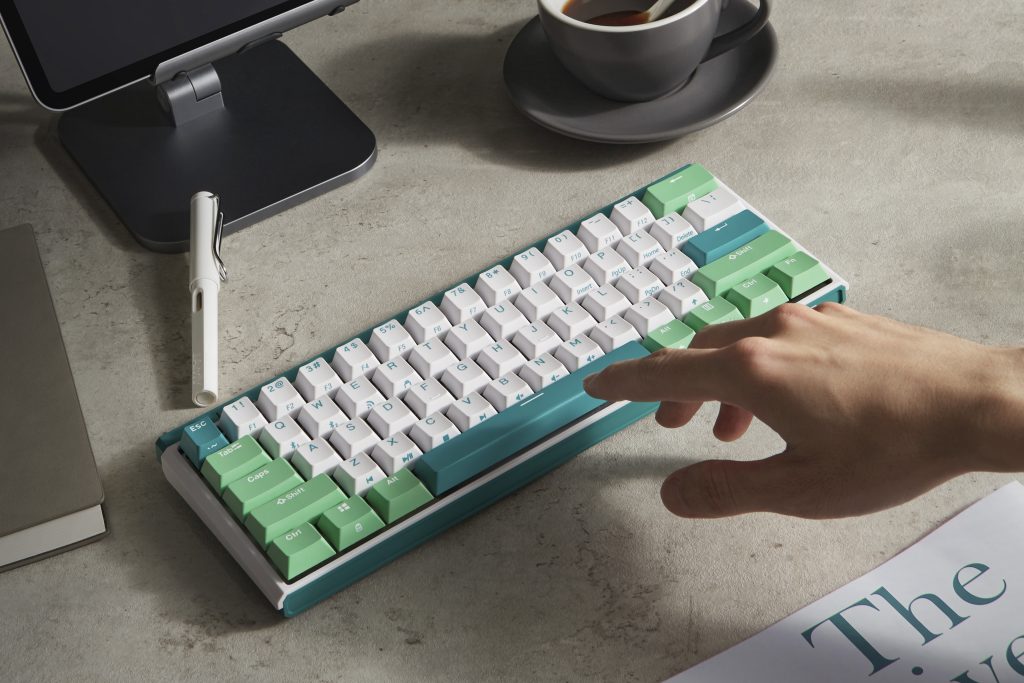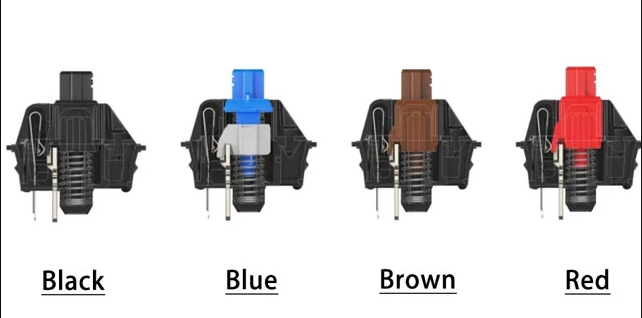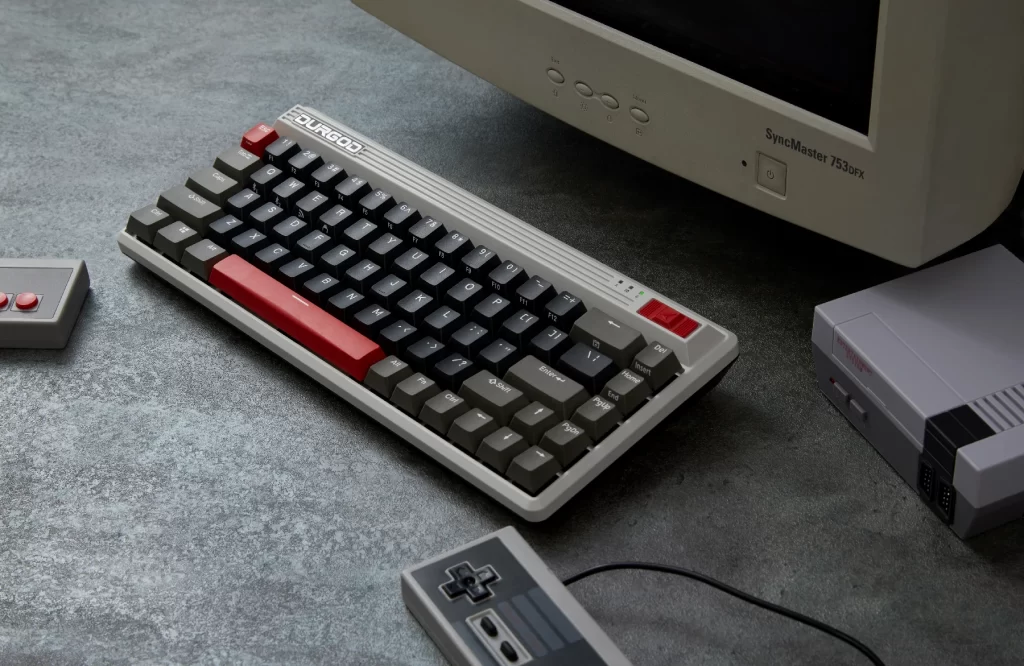In the world of keyboards, the battle between mechanical vs membrane keyboard rages on. Each type boasts its own set of pros and cons, catering to different preferences and needs. Whether you’re a seasoned typist or a newcomer to the keyboard scene, understanding the differences between these two types is crucial for making an informed decision. Join us as we delve into the nuances of mechanical and membrane keyboards, exploring their features, advantages, and drawbacks.

Mechanical vs Membrane Keyboards: An Overview
When it comes to typing, the choice between a mechanical and membrane keyboard can significantly impact your typing experience. Mechanical keyboards feature individual switches beneath each key, providing tactile feedback and audible clicks with each press. In contrast, membrane keyboards utilize a single membrane layer beneath the keys, resulting in a quieter, softer typing experience.
Advantages of Mechanical Keyboards
Mechanical keyboards are revered for their durability and tactile feedback. With each keypress, users experience a satisfying tactile bump, making typing a more enjoyable and productive endeavor. Additionally, mechanical keyboards offer greater customization options, with various switch types catering to different typing preferences. Whether you prefer a linear, tactile, or clicky switch, there’s a mechanical keyboard out there to suit your needs.
Furthermore, mechanical keyboards are known for their longevity. The individual switches are rated for tens of millions of keystrokes, ensuring that your keyboard remains responsive and reliable for years to come. This durability makes mechanical keyboards an excellent investment for anyone seeking a long-term typing solution.
Advantages of Membrane Keyboards
While mechanical keyboards have their merits, membrane keyboards also have their place in the keyboard market. One of the primary advantages of membrane keyboards is their affordability. Due to their simpler construction and fewer moving parts, membrane keyboards are often more budget-friendly than their mechanical counterparts.
Additionally, membrane keyboards offer a quieter typing experience, making them ideal for shared workspaces or environments where noise may be a concern. The lack of tactile feedback may also be preferable for users who prefer a softer, more muted typing experience. Moreover, membrane keyboards are often slimmer and more lightweight than their mechanical counterparts, making them a portable option for users on the go.
Choosing the Right Keyboard for You
When it comes to selecting the perfect keyboard, there is no one-size-fits-all solution. Your choice between a mechanical and membrane keyboard will ultimately depend on your personal preferences, typing style, and intended use cases. If you prioritize durability, tactile feedback, and customization options, a mechanical keyboard may be the way to go. However, if affordability, quiet operation, and portability are your main concerns, a membrane keyboard may better suit your needs.
In the ongoing debate between mechanical and membrane keyboards, there is no clear winner. Both types offer unique advantages and cater to different preferences and requirements. By understanding the differences between mechanical and membrane keyboards, you can make an informed decision and choose the keyboard that best fits your typing style, budget, and personal preferences. Whether you opt for the tactile feedback of a mechanical keyboard or the quiet operation of a membrane keyboard, the key is to find the keyboard that enhances your typing experience and productivity.
For more knowledge of mechanical keyboards, visit DURGOD.




